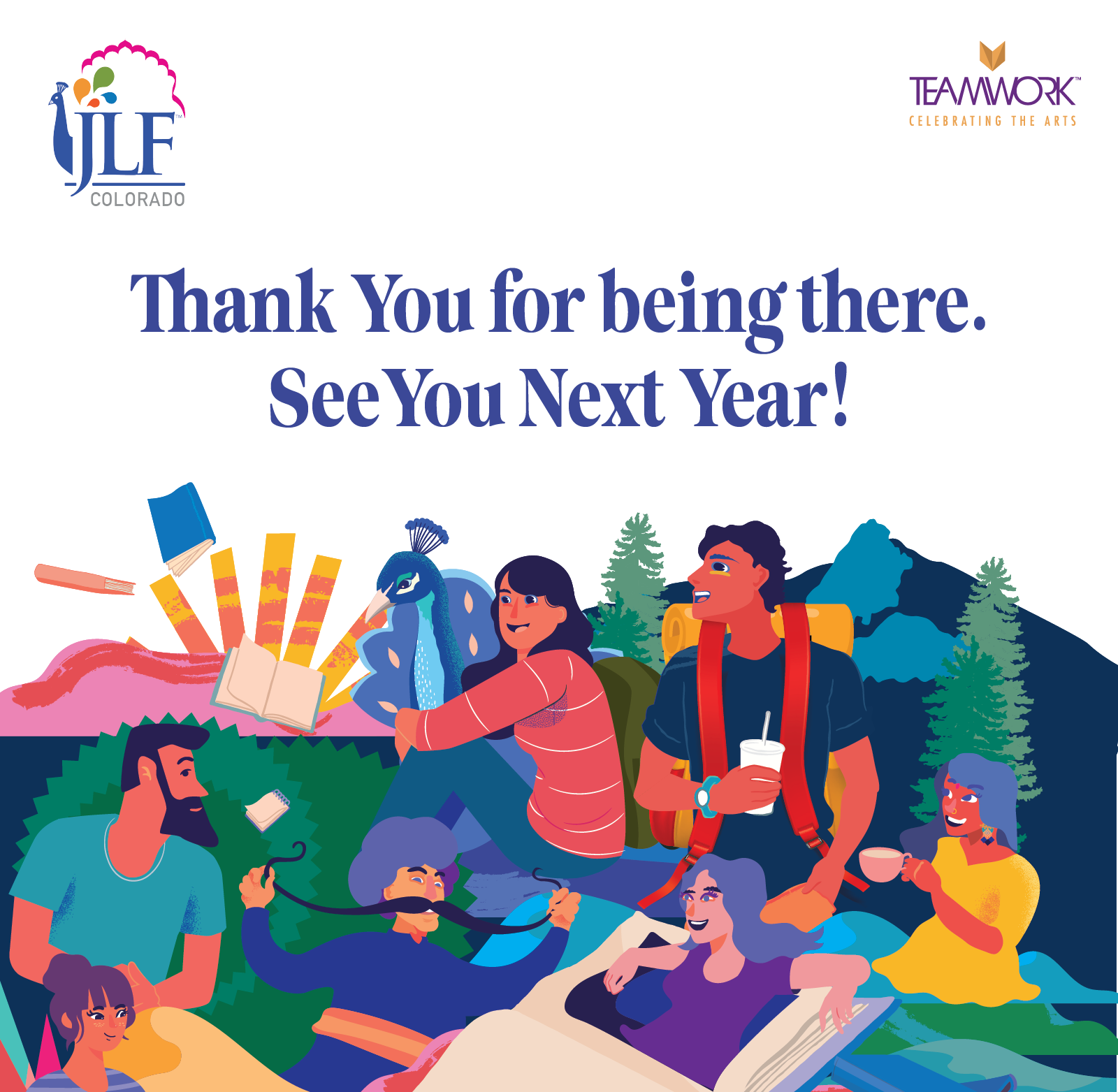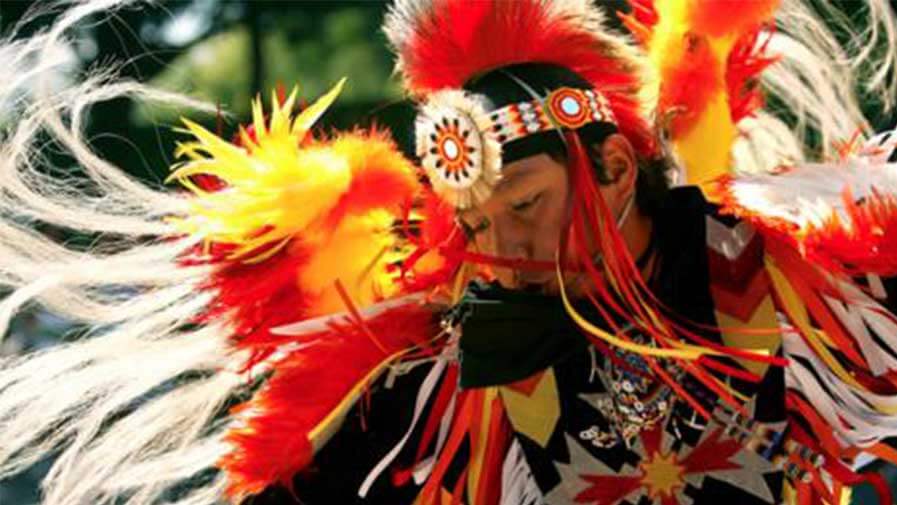


Recapturing the Marginalized Voices : Echoes of the Other World
By Akanksha Gopinath, Official Jaipur Literature Festival Blogger
The task of keeping alive the indigenous traditions in a modern day world is a challenge that no member of the First Nations is unaware of. Scattered across the nation, these native American tribes – the Creek, Cherokee, Sioux, Okanagan, Ojibway, Navajo, Zuni, Blackfoot, Blood and a hundred others experience a duality of existence. Age old traditions that are passed on through telling and retelling of narratives have to be met with tough reconciliations in order to maintain the balancing act of upholding cultural roots and adapting to the urban communities.
The subjugation of the native Americans to the life of the new world began with the Indian Removal Act of 1830, an act of annihilation that forced the tribes in the South Eastern United States to relocate to the west of the Mississippi River. The afflictions perpetrated is aptly
connoted in the phrase ‘The Trail of the Tears’. The process of relocation and cultural transformation took another ugly turn with the Relocation Act of 1924 that encouraged them to move to urban areas to a life of under paid jobs, melancholy and chaos. These tribes are plagued by alcoholism, a consequence of abject poverty and loss of livelihood. The plan was charted out along the lines of what Colonel Pratt succinctly heralded in his statement ‘We will kill the Indians and save the man’.
This act of forceful adaptation has in fact effectively created an internal divide between the urban Indians and those living in the reservations. The urban Indians are denied the sense of belonging by their perceived act of abandonment and urban migration. The matriarchy observed among tribals is in conflict with the patriarchal recognition of the government and this has often
relegated the urban Indians to a secondary existence devoid of tribal acceptance. Questioning an Indian about the percentage of his ‘Indianness’ is a cultural insinuation of the worst kind.
Years of apathy and contempt from the society has effected a repugnance to one’s own tribal identity. From degrading buck toothed caricatures in newspapers to cultural exemplifications of cultural suppression in the form of cliched mascots and meekly acquiescing Pacohontases advocating the western life, these Indians face an existential quagmire from an early age. Author Gabriel Horn in his essay ‘The Genocide of a Generation’s Identity’ portrays the shame and self loathing inflicted by this crookedly crafted cultural butchery. He speaks of Chief Wahoo, the Cleveland Indians Baseball mascot with its bulging eyes, oversized nose and red skin that often prompted him to check his own nose in the mirror. The author’s confession to have attempted suicide owing to poor self image at the age of twenty three is disturbing to say the least. These depictions are often meant to mask the violence and abominable atrocities inflicted during the birth of a new nation under the hood of comedy and amusement.
The crusades of Christianity has left these tribal people in a state of obscurity and religious dilemma. While some choose to battle with this dichotomy, others have deserted their Indian identities and adopted the ways of living of the new world. Author Joel Waters writes of his
shame in admitting his Native American roots. He emphasizes the need to maintain tribal identity while embracing the modern education system that can profoundly empower the voices of the Native Americans. With the Government regulations to attend boarding schools, the native languages have long been relegated to a state of oblivion. It is vital that those that have survived the test of time and decimation are passed on to the new generation through pedagogical dissemination. Many non-profit organizations like the AMERINDA (American Indian Artists), have made tenable progress in cultivating intercultural relationships and mitigating the nihilistic ramifications of media created stereotypes.
What makes one an Indian is a matter of one’s own perceived identity. It is a challenge to uphold the tribal spirit in a whirlpool of modern day world tactics aimed at perpetrating cultural and religious decimation. But we can still choose to let the free spirit within us run wild and hope for a seamless integration of the old and the new, the known and the unknown.
(c) 2016 Akanksha Gopinath
Like this blog? Find more interesting blogs about the Jaipur Literature Festival in Jaipur too! Click here.
Disclaimer: We do not endorse, support or subscribe for any statement, view or comment expressed or posted on this blog or social media page. Any view, statement or comment posted on this platform does not represent the views of Teamwork Arts, its affiliates or its employees or any person associate with Jaipur Literature Festival (JLF), unless specifically stated otherwise.



Leave a comment